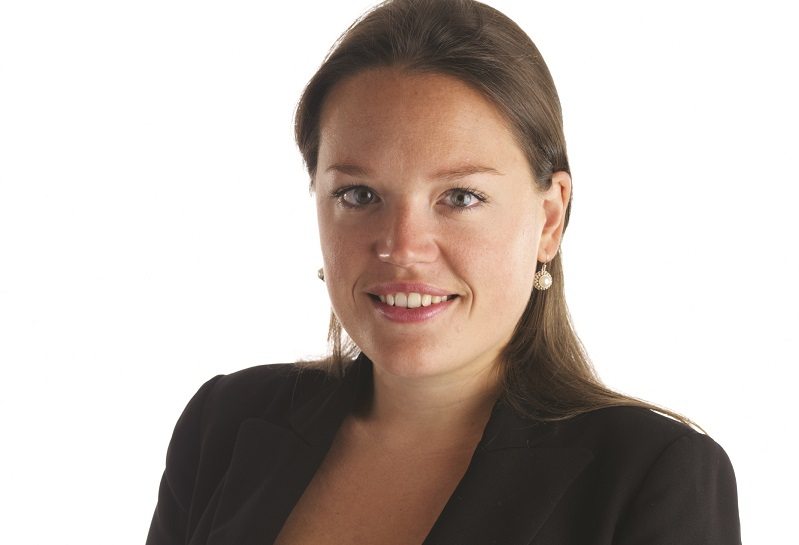The UK Opportunities fund has suffered near continuous outflows for the last three years with Morningstar data showing February 2016 was the only month it enjoyed inflows, albeit just £58,000.
The disappointing flows figures are despite the fact the fund is top quartile over one and three years, returning 6.8% and 23.9% respectively, compared with 2.5% and 16.8% in the IA All Companies sector. In total, Morningstar estimates the fund has lost £34.4m over the three-year period to February 2018.
Rathbones UK Opportunities performance
| 6m | 1yr | 3yr | |
| Rathbones UK Opportunities | -0.8% | 6.6% | 24.3% |
| IA UK All Companies sector | -3.4% | 2.3% | 17.6% |
| FTSE All Share | -3.7% | 1.4% | 17.1% |
Source: FE
Alexandra Jackson was appointed co-manager in June 2014 and named sole manager in August 2017, when co-manager Jo Rands, who had 16 years’ experience in UK equities, exited to start a career outside fund management. The pair had just approached their three-year track record when Rands’ exit was announced.
That was also when Rathbones announced the fund was cutting its fees from 0.75% to 0.45% in institutional share classes and rebranding from a Recovery fund.
Manager changes
In the six months since the announcement, the fund has suffered outflows of £5.9m, more than quadruple the £1.4m it lost in the six months preceding news of the changes, despite the fact it has outperformed its sector and benchmark over that period (see above).
FE research analyst Jake Fitch said investors may be concerned about the loss of Rands and her substantial experience in UK equities.
Most outflows came in November, the month following the implementation of the slashed annual management charge (AMC) on 23 October, when it lost £3.8m.
Before joining the UK equities fund in 2014, Jackson was assistant manager of Rathbone Global Opportunities, which had a maximum exposure of 19.3% to UK equities during her last year in the role, Fitch said.
“Although she has some experience in this asset class, the departure of the more experienced co-manager is likely to have triggered the outflows with Rathbones presumably still looking for Rands’ replacement,” he said.
When Portfolio Adviser asked Rathbones about a replacement for Rands, it pointed to its hiring of James Workman as an equity analyst in January.
Seeking assets
Jackson told Portfolio Adviser the AMC has been dropped for two years, until October 2019, or until the fund gets to £250m.
“This is a small fund and I am ambitious to grow it. I want to be here for the long haul, I’ve redesigned the fund, I want to know I’ve got the backing of the business to go out and do this,” Jackson said.
The fund currently holds £57.7m.
She said most units are held in the institutional share class and retail investors had been sent a letter when the AMC changes were announced advising that cheaper access to the fund could be achieved through a financial adviser.
Investors that buy the share class now will always pay the lower charge even once the two period ends or the assets threshold is met.
UK outflows
Jackson attributed disappointing flow figures to investor sentiment towards UK equities.
Investment Association figures showed UK equity funds lost £532m in January and on average have suffered net outflows of £219m each month over the last 12 months. In total they lost £2.6bn in 2017.
Jackson said the market hates uncertainty connected with the UK’s exit from the European Union.
“The UK is priced for things to go badly. We’re on a 15% discount to the MSCI World index, we’ve got fantastic growth opportunities in the UK, particularly if you look a bit down from the FTSE 100, relative to the valuations out there.
She added: “Any reduction in that uncertainty or even if things go horribly right, that’s possible, it’s not my base case, I wouldn’t invest like that, but it’s possible.”
Fitch said: “In 2017 we saw large outflows from UK equity funds in general so perhaps the drop in AMC and strong calendar year performance did prevent an increase in outflows, which would have occurred had Rands not left and the fund remained a recovery fund.”










